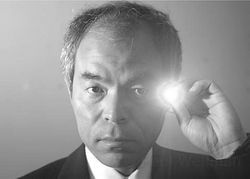
Photo Attribution: David Shankbone, CC BY 3.0 https://creativecommons.org/licenses/by/3.0, via Wikimedia Commons
Richard Dawkins
This example has been viewed 719x times
Summary
Rodden Rating
Analysis for Richard Dawkins
Biography
Richard Dawkins, born on March 26, 1941, is a renowned British evolutionary biologist, ethologist, and author. Widely recognized for his contributions to the understanding of evolution and his advocacy for scientific skepticism and secularism, Dawkins has become a prominent figure in both the scientific and public spheres.
Early Life and Education: Richard Dawkins was born in Nairobi, Kenya, where his father was stationed during World War II. The family returned to England when Dawkins was eight years old. He attended Oundle School and later studied zoology at Balliol College, Oxford. Dawkins completed his doctorate in 1966 under Nobel Prize-winning ethologist Nikolaas Tinbergen, focusing on the behavioral ecology of birds.
Academic Career: Dawkins began his academic career as an assistant professor of zoology at the University of California, Berkeley. His research primarily focused on the study of animal behavior and ethology. In 1970, he returned to Oxford as a lecturer in zoology.
"The Selfish Gene": In 1976, Dawkins published his groundbreaking book "The Selfish Gene," which introduced the concept of the gene-centered view of evolution. The book explored the idea that genes, as replicators, are the driving force behind natural selection. Dawkins coined the term "selfish gene" to emphasize the gene's role in evolutionary processes. The book has since become a classic in the field of evolutionary biology.
Popular Science Writing: Dawkins continued to engage with the public through his writing. "The Blind Watchmaker" (1986) and "Climbing Mount Improbable" (1996) further explored evolutionary concepts, elucidating the mechanisms of natural selection and challenging the arguments for intelligent design.
"The God Delusion": One of Dawkins' most influential works outside the realm of evolutionary biology is "The God Delusion" (2006). In this book, he passionately argues against the existence of God and criticizes religious faith as irrational and harmful. The book became a bestseller, sparking debates on the role of religion in society and solidifying Dawkins as a prominent advocate for atheism and secularism.
Public Engagement and Advocacy: Beyond his academic work and writing, Dawkins has been an active science communicator and public intellectual. He has participated in numerous debates, interviews, and documentaries, discussing topics ranging from evolution to atheism. Dawkins has been a vocal advocate for scientific education and critical thinking.
Awards and Recognition: Richard Dawkins has received various awards for his contributions to science and literature, including the Nierenberg Prize for Science in the Public Interest and the Michael Faraday Award. He was also elected a Fellow of the Royal Society in 2001.
Legacy: Richard Dawkins' influence extends beyond academia, impacting public discourse on science, evolution, and religion. His work has inspired a new generation of scientists, writers, and thinkers. While his views on religion have been met with controversy, Dawkins' commitment to the pursuit of knowledge and the promotion of scientific understanding remains a central aspect of his enduring legacy.
Raw Data
Horoscope Data
Comments
Natal Data
1941-03-26 Unknown Time LMT
1° 17′ 31.4″ S 36° 49′ 19.0″ E
Nairobi, Kenya













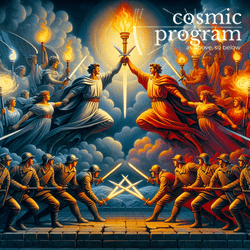

























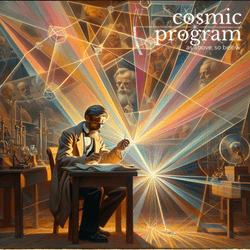

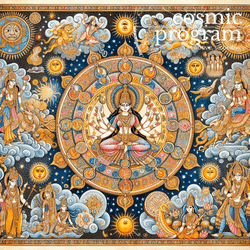
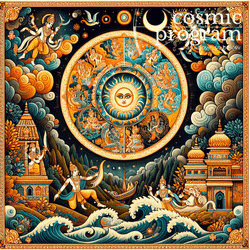
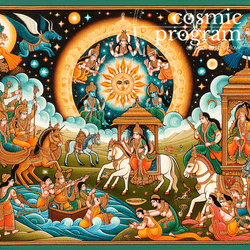
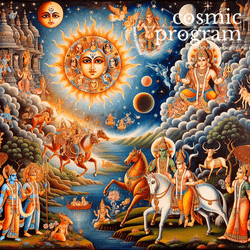


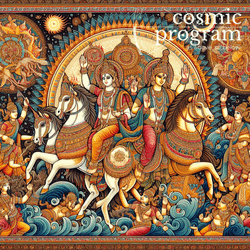
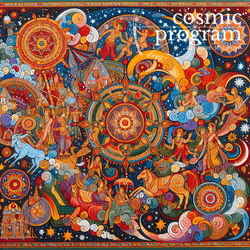
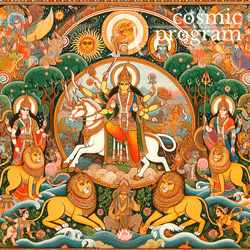
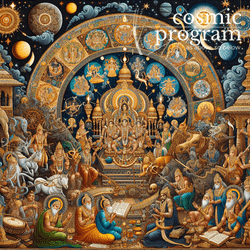
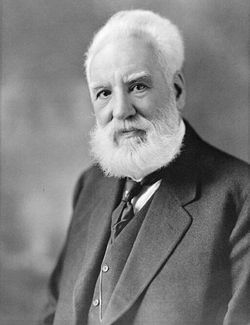
.png?bossToken=09b3fd2528404ef0d2f971cdac2a9e172899f80aa6b1420d115a995d66316a41)
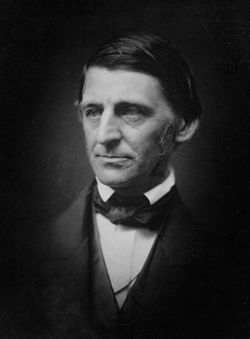




.jpg?bossToken=bd215e8cb514788b86032e9c2fb26e6cefef928a420e95e5227eb9d00f05b6f0)
